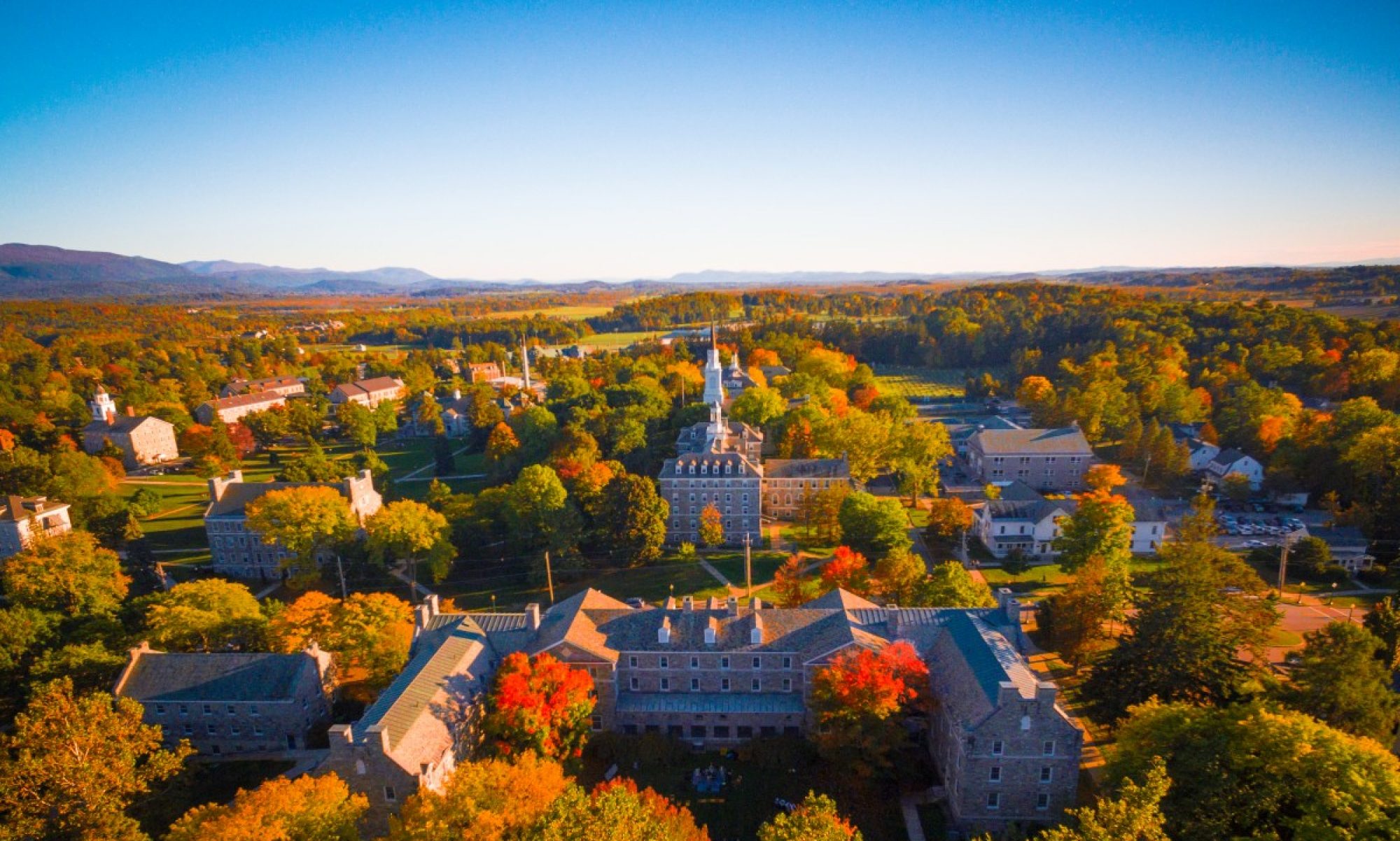Presentation by Deborah Cramer, Author and Visiting Scholar, Environmental Solutions Initiative, MIT.
November 16, 4:30 pm in Library room 201, book signing to follow the event
In The Narrow Edge, winner of the 2016 Academies of Science Best Book Award, and the Rachel Carson Book Award from the Society of Environmental Journalists, Deborah Cramer accompanies small sandpipers along their extraordinary migration from the tip of South America up into their Arctic nesting grounds, exploring how their lives are intertwined with ours. At a time when “fake news” abounds, when so many take their news from social media and tweets, and people have not only their own opinions but also their own facts, we are experiencing a massive failure communicating science effectively to the general public. Join author Deborah Cramer to examine how, in The Narrow Edge, she sought to bridge the gap between how scientists and the public understand the world, reshaping serious scholarly work for a wide audience.
In The Narrow Edge, winner of the 2016 Academies of Science Best Book Award, and the Rachel Carson Book Award from the Society of Environmental Journalists, Deborah Cramer accompanies small sandpipers along their extraordinary migration from the tip of South America up into their Arctic nesting grounds, exploring how their lives are intertwined with ours. At a time when “fake news” abounds, when so many take their news from social media and tweets, and people have not only their own opinions but also their own facts, we are experiencing a massive failure communicating science effectively to the general public. Join author Deborah Cramer to examine how, in The Narrow Edge, she sought to bridge the gap between how scientists and the public understand the world, reshaping serious scholarly work for a wide audience.
Co-sponsored by the Environmental Studies program, the Biology Department, and the Center for Teaching, Learning, and Research
Deborah Cramer is also offering individual consultations with faculty that you can sign up for here.
Presenter Bio

© 2014 Shawn G. Henry • 978.590.4869
Deborah Cramer, a visiting scholar at MIT’s Earth Systems Initiative, lives at the edge of salt marsh in Gloucester, Massachusetts. She’s written two natural histories of the sea, Great Waters: An Atlantic Passage, and Smithsonian Ocean: Our Water Our World, the companion to the Ocean Hall at the U.S. National Museum of Natural History. Her most recent book, The Narrow Edge, received the Best Book Award from the National Academies of Science and the Rachel Carson Book Award from the Society of Environmental Journalists. You may have read her op-eds in the New York Times, or heard her on NPR.
